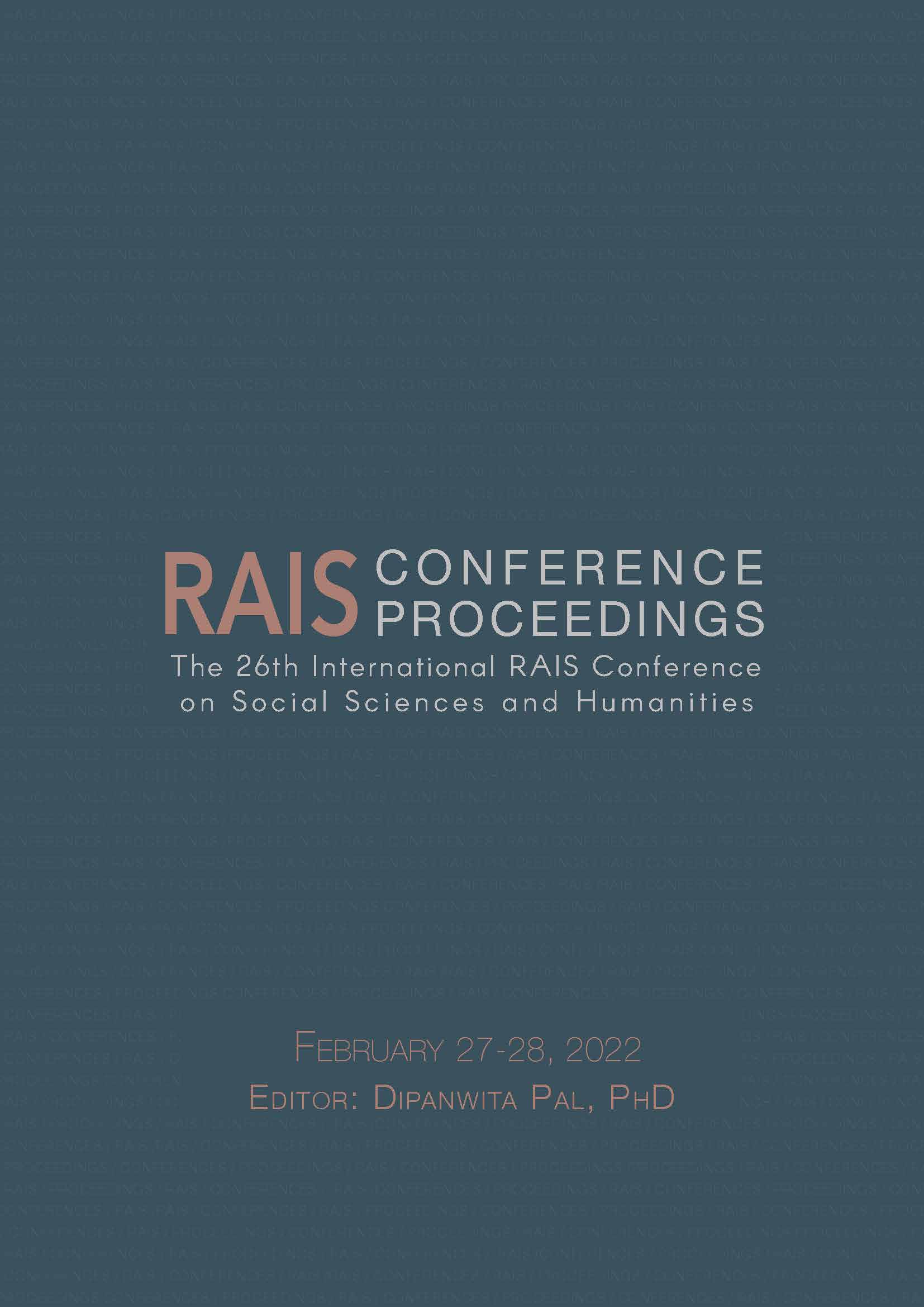Aspects of the Involvement of Non-Canonical Prophets in the Religious Political and Social Life of their Time
Aspects of the Involvement of Non-Canonical Prophets in the Religious Political and Social Life of their Time
Author(s): Ioan-Gheorghe Rotaru
Subject(s): Biblical studies
Published by: Scientia Moralitas Research Institute
Keywords: institutions, prophet; canonical prophet; non-canonical prophet
Summary/Abstract: The prophet, whether he was called canonical or non-canonical, namely, one whose writings were or were not included in the Holy Scriptures Canon, is considered to be the man of God, who hears God's voice and conveys His message, playing a very important role, respectively, to communicate to men the will and plans of God. The difference between a canonical and a non-canonical prophet consists only in writing, only in the fact that one wrote a book and the other did not write a certain book, which would have been included in the Canon of the Bible. There are also cases in which some prophets have written, but their books have not become reference books, that would shape some basic rules and in which to be said how the conduct of human life should be. Therefore, the prophets who wrote such books are called canonical prophets, because through their books they created general rules, applicable to all people of all times. Non-canonical prophets, in particular, addresses to specific situations, to some specific moments from the religious, social, or political life of the time. The study presents some examples of non-canonical prophets.
Book: Proceedings of the 26th International RAIS Conference on Social Sciences and Humanities
- Page Range: 126-132
- Page Count: 7
- Publication Year: 2022
- Language: English
- Content File-PDF

